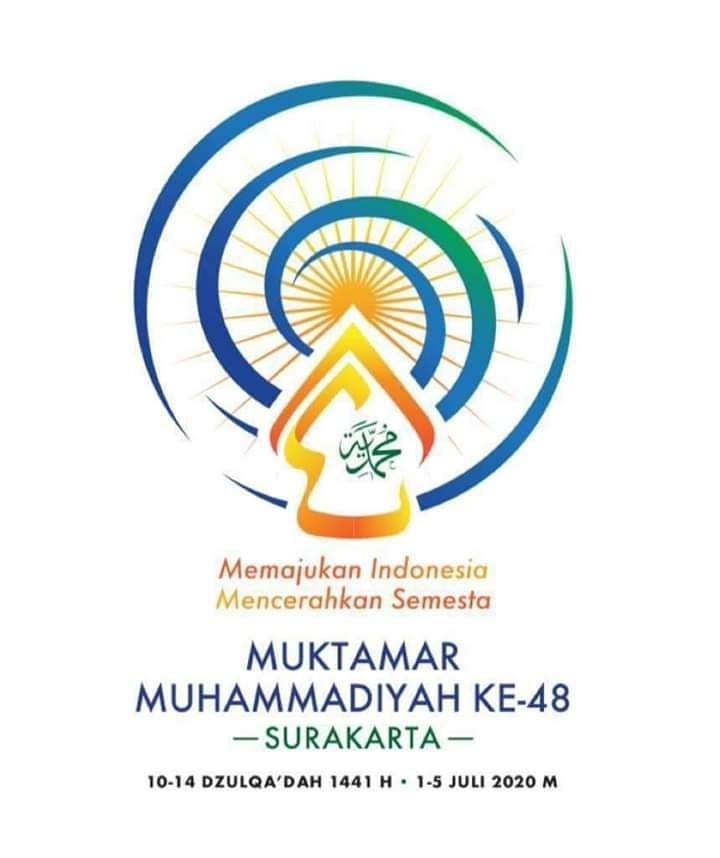Jakarta – Until today Indonesia has not signed the ratification of FCTC. Indonesia was the only country that did not agree in tobacco control, while in fact almost 90% of all countries around the world had signed Framework Convention on Tobacco Control (FCTC) or KerangkaKerjaPengendalianProdukTembakau.
In Indonesia, there are 26 millions of active smoker and most of the victims are children. DewanPimpinanPusatIkatanMahasiswaMuhammadiyah stated that out of billions of cigarette produced, children and youngsters are the main victim of cigarette industry.
“Students and children are the most interesting subject for cigarette industry, because they are considered as prospective consumer of creating the regeneration of active smoker,” added the Director of LembagaHukumdan HAM DPP IMM, FitrahYunus.
Fitrah affirmed that FarukhQureshi of WHO stated that this country is the biggest tobacco producer, but we never think of the danger of tobacco. He thought, because tobacco endangers people, it is important for the country to sign FCTC treaty.
Deni W. Kurniawan from International Relations and Cooperation Institution (LembagaHubunganLuarNegeri) of Muhammadiyah Central Executive, who was contacted via telephone by the editorial board of muhammadiyah.or.id on Sunday (9/21) stated that today Indonesia is in the emergency state for tobacco.
“There are some threats of tobacco regulation such as Indonesian people health problems in the future, tobacco are also the entrance for drugs and alcohol entry,” he said.
The General Chairman of PP IPM 2008-2010 added that Indonesia needed to be urged on the ratification of FCTC. The high number of cigarette production and consumption showed that Indonesia was in emergency state for tobacco and had the potency in threatening the public health and the fulfillment of EKOSOB rights.
Remembering that Indonesian government had ratified the International Covenant on Economic, Social, and Cultural Rights (or KovenanInternasionaltentangHakEkonomi, Sosial, danBudaya/KIHESB) through Law no. 11 of 2005, then the Committee on Economic, Social and Cultural Rights (KomiteEkosob PBB) on the recommendation No. E/C.12/IDN/CO/1 on 19 June 2014 had specifically urged Indonesian government to accede FCTC. However, instead of deciding on FCTC, the government and DPR discussed about the Act of Tobacco (RUU Pertembakauan), which actually reflected the cigarette industry interests rather than the concern on public health. (dzar)


